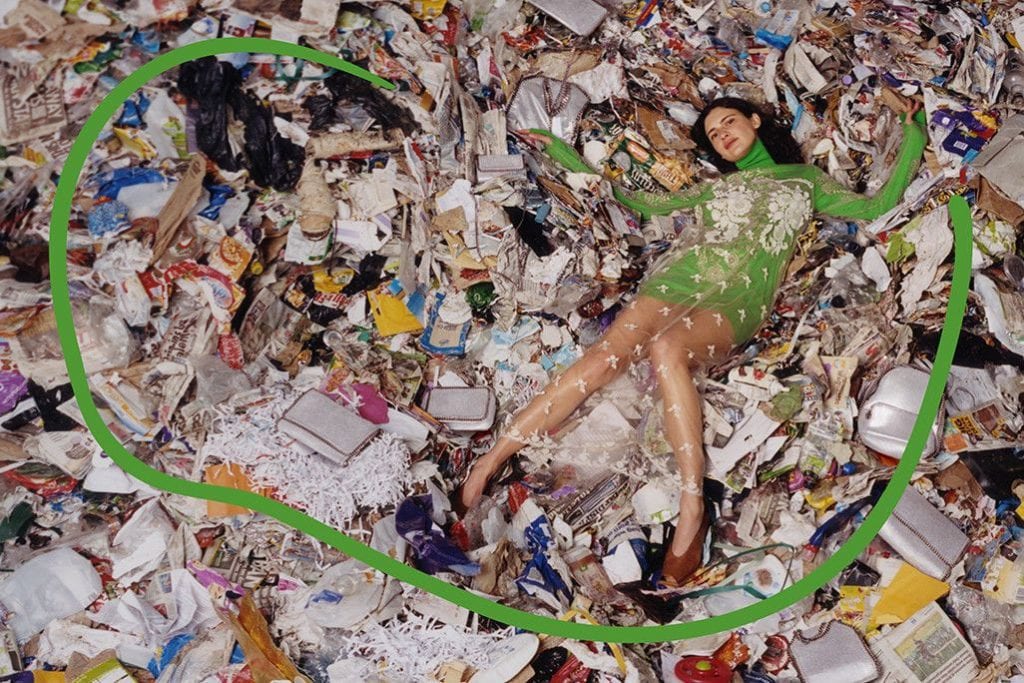In addition to the European Parliament’s adoption of the AI Act and its backing of an-anti-greenwashing directive, there was another noteworthy legislative development in the European Union this week. On Wednesday, Parliament voted in favor of a proposed revision of the Waste Framework Directive, which endeavors to put greater responsibility on manufacturers of clothing and footwear. Specifically, the EU has set out to establish extended producer responsibility (“EPR”) schemes to ensure that textile product, clothing, and footwear-makers cover the costs of collecting, transporting, and sorting products for re-use or recycling, and supporting research and development to improve the recycling process.
Some Background: First introduced in 2008 and last updated in 2018, the Waste Framework Directive is the EU’s legal framework for waste management. In July 2023, the European Commission proposed amendments to the Directive to introduce mandatory and harmonized EPR schemes for textiles in all EU member states. Not only will the proposed regulations “promote the sustainable management of textile waste throughout the EU,” the Commission says they “will also be an incentive for [manufacturers] to reduce waste and improve the cyclability of textile products by developing better products from the outset.”
Fast forward to March 13 and the amendments to the Waste Framework Directive got the green-light from members of Parliament, with 514 votes in favor of the amendments, 20 against, and 91 abstentions. Parliament asserted that in accordance with the proposed amendments, EU member states will have to establish the extended producer responsibility schemes for textiles within 18 months after the entry into force of the Directive (compared to 30 months proposed by the European Commission). It also confirmed that the new rules will “cover products, such as clothing and accessories, blankets, bed linen, curtains, hats, footwear, mattresses and carpets, including products that contain textile-related materials such as leather, composition leather, rubber or plastic.” Rapporteur Anna Zalewska asserted that the new rules, if amended, will go so far as to include “sales via online platforms.”
In a note on the EU’s proposed EPR schemes for textiles, Norton Rose Fulbright attorneys highlight some of the key elements, including …
> Applicability: The obligations, which extend to “producers of textiles,” will apply to natural and legal persons making available textiles on the market for the first time whiting the territory of the EU (e.g., manufacturers, importers, and distributer of textiles). Further, those in the business of making/selling textile-related and footwear products (as listed in Annex IVc to the EPR Textile Proposal) fall within the scope of the scheme, as do sellers of textile related-products that carry out activities “by means of distance communication directly to end-users,” such as via online platforms.
> National registers for textile producers: The EPR textile proposal is intended to create an obligation for member states to introduce a so-called “textile producer register” in order to monitor the compliance of the producers with the initiated legislation. Producers of textiles will become required to apply for registration in each Member State where they make textiles available on the market for the first time. Producers will not be allowed to bring their textile products onto the market prior to their registration being confirmed by the respective Member State.
> Producers Responsibility Organizations: Producers will be required to designate a so-called “producer responsibility organization,” which is a legal entity that organizes the fulfilment of extended producer responsibility obligations on behalf of the producers. The producers will be obliged to pay a financial contribution to the PRO.
> Costs: The costs per producer will be calculated by way of “eco-modulation,” which bases the costs to be paid on the environmental performance of textiles. These costs will be based on the weight of the products concerned and modulated on the basis of eco-design-requirements.
Next steps: The Waste Framework Directive amendment will now move in to the Council of the European Union for approval or amendments and will be followed up on by the new Parliament after the June 2024 European elections.
While the amendments are being touted as a move to “prioritize responsible consumption and production practices to mitigate the devastating impacts of fast fashion on our planet,” as Parliament member Malte Gallée put it recently, the Directive is facing pushback. Emily Macintosh, Senior Policy Officer for Textiles at the European Environmental Bureau, for example, stated that the vote to “assess the possibility of setting 2032 textile waste reduction targets by 2025 is a significant improvement, [but] it is still too vague and kicks the can too far down the road.” She stated that MEPs also “recognized the impact of shipping used textiles to third counties, but still fell short of setting a real framework for global accountability to ensure financial support reaches the countries bearing the brunt of Europe’s overconsumption of textiles.”

